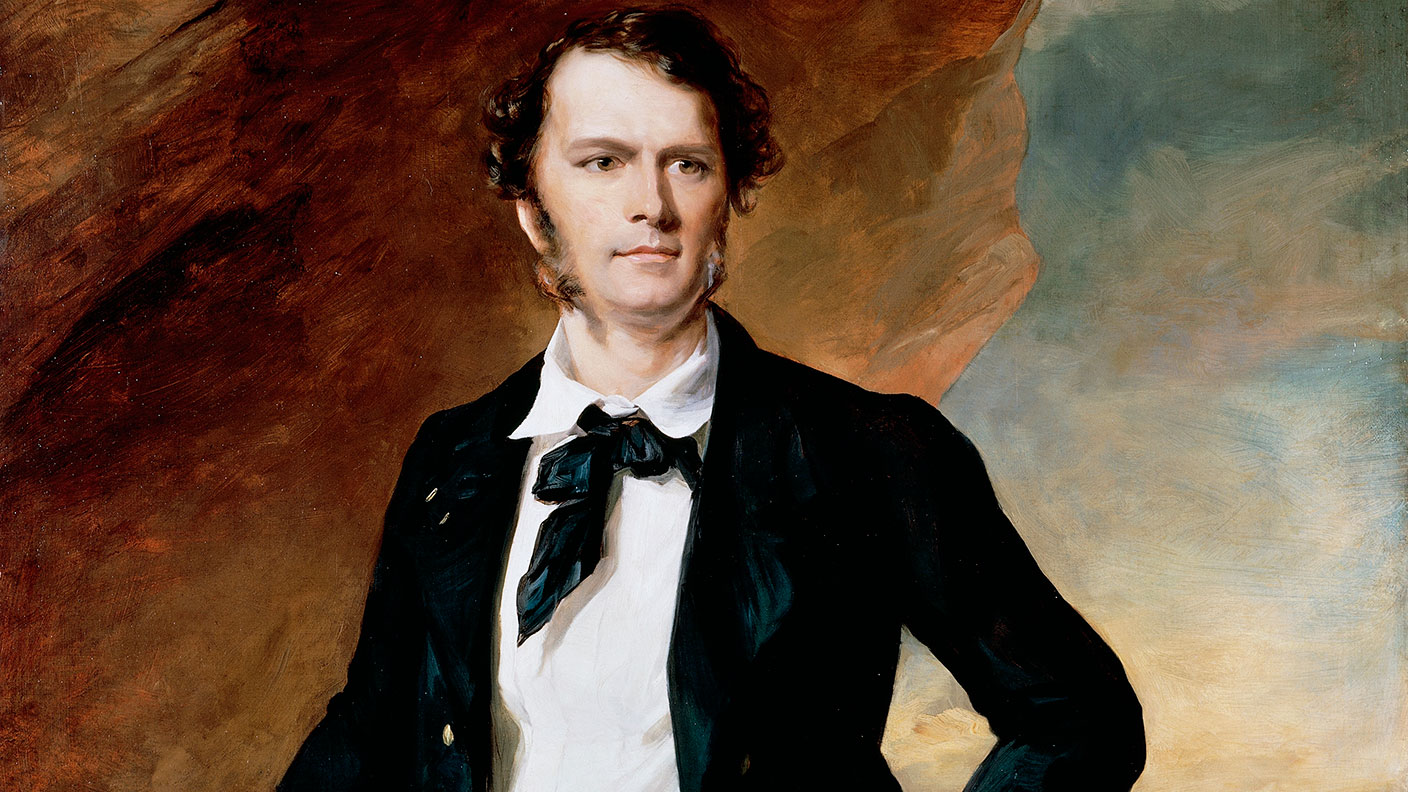24 September 1841: James Brooke becomes the Rajah of Sarawak
Having crushed a rebellion against the Sultan of Brunei, James Brooke was made the governor of Sarawak on the island of Borneo, and was later confirmed as rajah.


Get the latest financial news, insights and expert analysis from our award-winning MoneyWeek team, to help you understand what really matters when it comes to your finances.
You are now subscribed
Your newsletter sign-up was successful
Want to add more newsletters?

Twice daily
MoneyWeek
Get the latest financial news, insights and expert analysis from our award-winning MoneyWeek team, to help you understand what really matters when it comes to your finances.

Four times a week
Look After My Bills
Sign up to our free money-saving newsletter, filled with the latest news and expert advice to help you find the best tips and deals for managing your bills. Start saving today!
James Brooke, born in India in 1803, was almost killed at the tender age of 22. He was shot in "the most intimate part of the male anatomy" while fighting the Burmese, according to an article from 2011 in the Daily Mail.
But this brush with death did nothing to dent his enthusiasm for swashbuckling. With the £30,000 he inherited from his father in 1835, Brooke bought the 142-ton Royalist to take him into the Malay archipelago. In 1839, his adventures landed him on the shores of Sarawak on the island of Borneo. There he found a rebellion under way against the rule of the Sultan of Brunei, which he happily crushed.
Delighted with the victory, Brooke cheerfully noted, "the agreement was drawn out, sealed and signed; guns fired, flags waved; and on 24 September 1841, I became the governor of Sarawak with the fullest powers".
MoneyWeek
Subscribe to MoneyWeek today and get your first six magazine issues absolutely FREE

Sign up to Money Morning
Don't miss the latest investment and personal finances news, market analysis, plus money-saving tips with our free twice-daily newsletter
Don't miss the latest investment and personal finances news, market analysis, plus money-saving tips with our free twice-daily newsletter
But, as Nigel Barley notes in White Rajah, what he really meant was Rajah of Sarawak. "He quite unlawfully assumed the title of Rajah and began his rule and his new life in a legalistic high moral tone". Following a little gunboat diplomacy, the sultan confirmed the status quo, with Sarawak effectively an independent kingdom, just under a year later.
Brooke lost no time in setting up his courthouse. He appointed himself as judge and sat in session with his companion an orangutan named Betsy at his side, bringing to heel an unruly head-hunting people known as the Dayak, and ridding the area of pirates.
But power wasn't enough. Brooke was disappointed with the lack of ready wealth that rule brought. He wrote, "We are so accustomed to hear of the riches of the isles of the Eastern seas, that many imagine we have but to step in to reap a rich reward. But the fact is, that the riches spoken of have to be developed or created"
By seizing the antimony mines and instituting a rice tax, Brooke was able to raise about £5,000 a year by his own (probably unrealistic) estimates to fund his government. And while his fiefdom was awash with crude oil, nobody had yet found a use for it. He did console himself with the discovery of the "fabulous Brooke Diamond". But even that turned out to be, as Barley put it, "a relatively valueless opal".
Undeterred, James Brooke ruled Sarawak until his death in 1868, when the title of rajah passed to his nephew. The last Rajah of Sarawak, Anthony Brooke, ceded the province to the UK in 1946.
Get the latest financial news, insights and expert analysis from our award-winning MoneyWeek team, to help you understand what really matters when it comes to your finances.

-
 Average UK house price reaches £300,000 for first time, Halifax says
Average UK house price reaches £300,000 for first time, Halifax saysWhile the average house price has topped £300k, regional disparities still remain, Halifax finds.
-
 Barings Emerging Europe trust bounces back from Russia woes
Barings Emerging Europe trust bounces back from Russia woesBarings Emerging Europe trust has added the Middle East and Africa to its mandate, delivering a strong recovery, says Max King